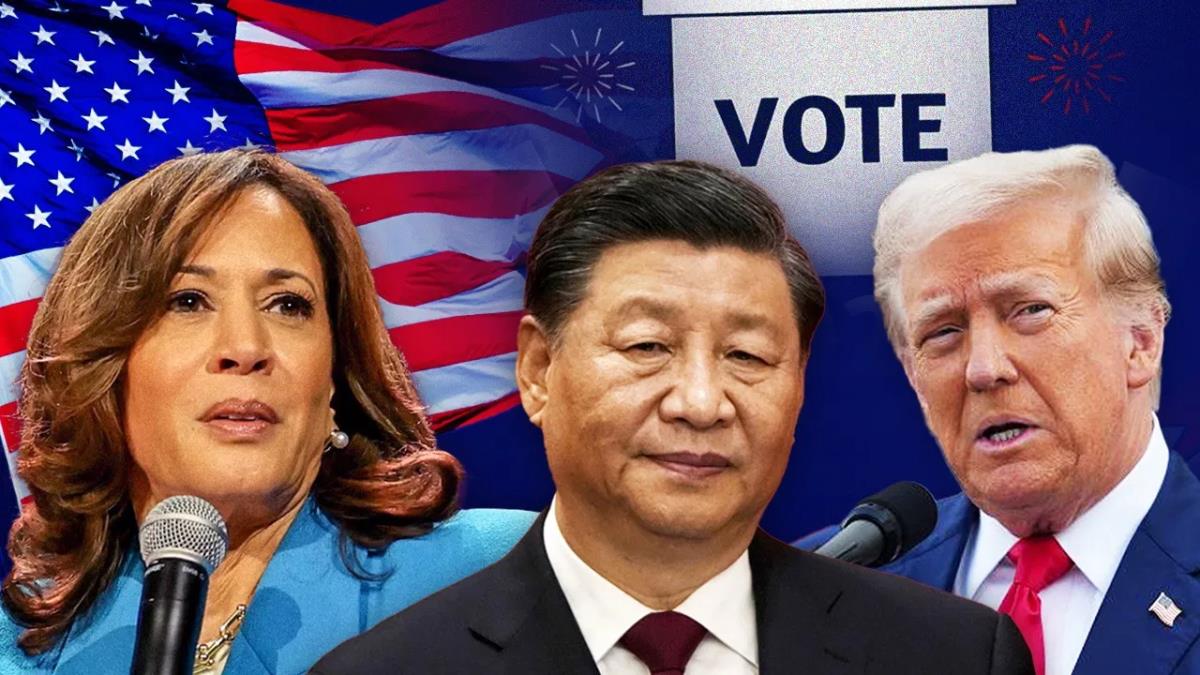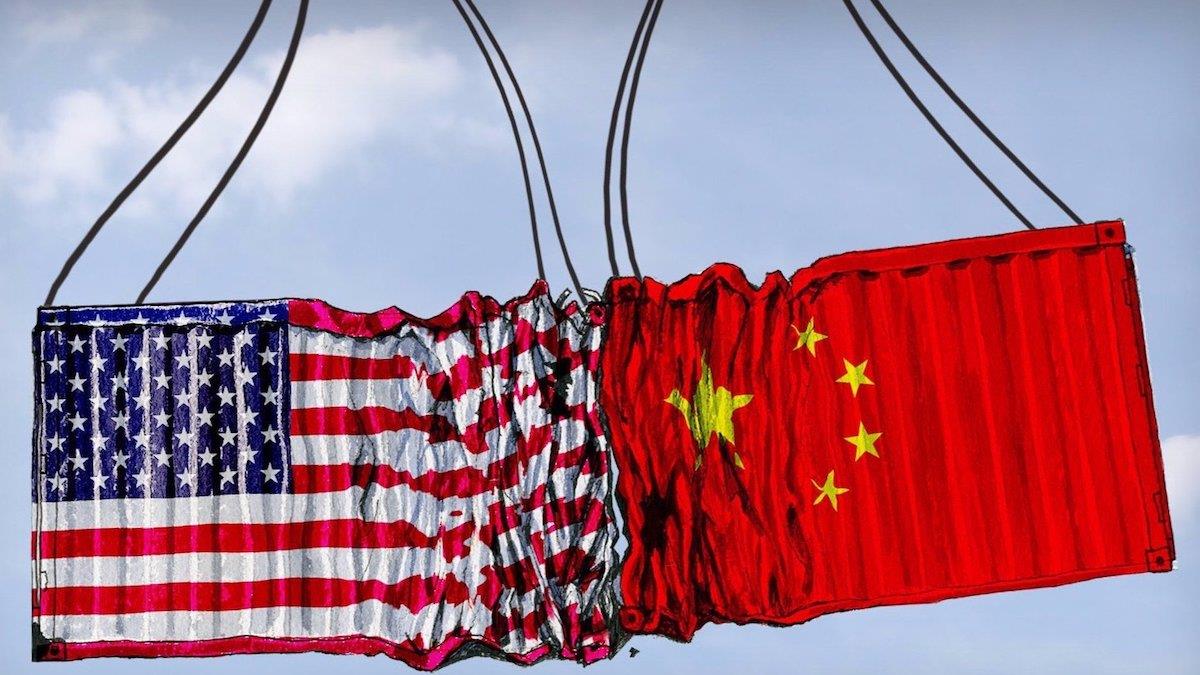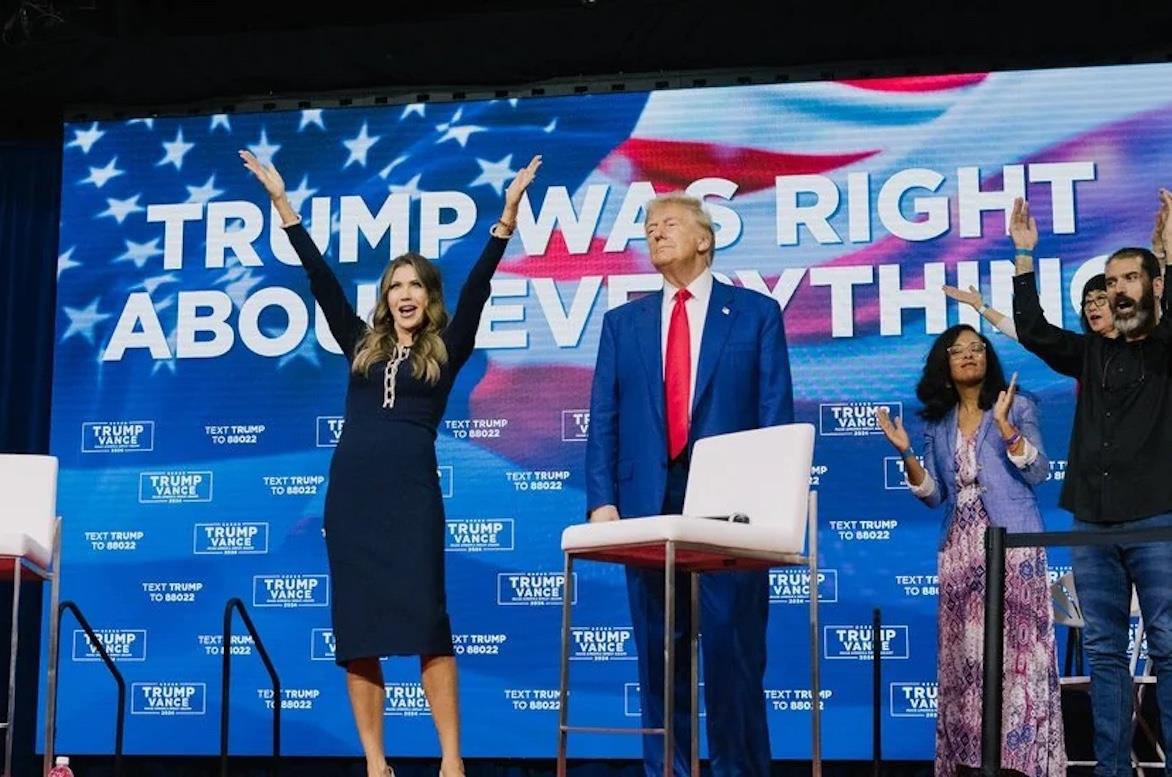
Whether Trump Or Harris Wins, US Must Redefine Its Asia Strategy
Just days away from what appears to be an extremely close US election, pundits are hastily trying to make sense of both major candidates' potential foreign policy platforms. In the battle between Vice President Kamala Harris and former President Donald Trump, each has sought to portray the other as somehow weak on China in an effort to out-hawk the opposition.
Trump has called for 60% tariffs on all of Chinese imports, thereby threatening global financial markets that are still reeling from Covid-19 pandemic recovery and struggling to adjust to US-China decoupling in critical technology sectors.
Harris has insisted that her goal as president would be“making sure the United States of America wins the competition for the 21st century.”
To some national security commentators watching from Asia, there is little difference between two candidates. Both, after all, view American power as indispensable and see their country locked in zero-sum competition with China.
That view is at odds with and keeps them and their political parties from coming to terms with two difficult truths, recognition of which is prerequisite to construction of a more successful Asia strategy:
- The United States no longer enjoys unrivaled status as the world's sole superpower.
China is not universally viewed with suspicion – let alone hostility – throughout the region.
True, by most objective measures the United States' position in Asia at the end of 2024 is more secure than it was in 2020 .
The Biden administration has secured access to nine bases in the Philippines as part of the Enhanced Defense Cooperation Agreement put on hold under Rodrigo Duterte (2016-2022). In the span of one month in 2023, the administration established a new US-Japan-South Korea trilateral with its two East Asian allies and concluded a double upgrade in the US-Vietnam Comprehensive Strategic Partnership.
The Lowy Institute's newly released Asia Power Index confirms this positive trendline, finding that the United States remains the most powerful country in Asia, and that while Beijing continues to chip away at Washington's lead,“China's power is plateauing” rather than surpassing that of the United States.
Despite those noteworthy accomplishments, however, the longer-term trendline for the United States is concerning.
As Washington continues to project a strategy that implicitly assumes American primacy while it abstains from the evolving regional economic architecture by rejecting free trade deals, the United States is increasingly losing influence in Asia.

Legal Disclaimer:
MENAFN provides the
information “as is” without warranty of any kind. We do not accept
any responsibility or liability for the accuracy, content, images,
videos, licenses, completeness, legality, or reliability of the information
contained in this article. If you have any complaints or copyright
issues related to this article, kindly contact the provider above.






















Comments
No comment